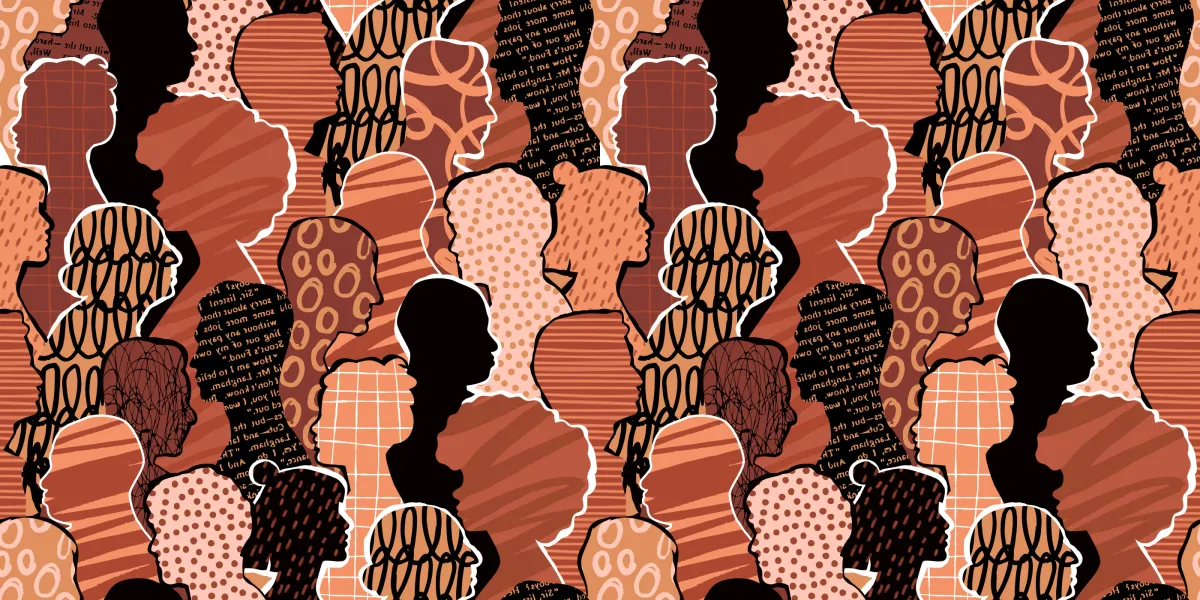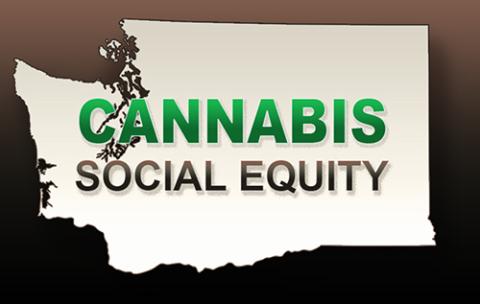
Cannabis Social Equity

This page offers the most up-to-date information about the Social Equity Program and is updated regularly as information is available. The LCB website is the definitive source for information on the Social Equity in Cannabis program.
Cannabis Social Equity Program
The Cannabis Social Equity Program, established by Engrossed Second Substitute House Bill (E2SHB) 2870 in 2020, serves to reduce barriers and promote equity and participation in Washington State’s adult-use cannabis market by those most adversely impacted by the War on Drugs.
In 2023, the legislature passed Senate Bill 5080, which made changes to the program and increased available retail licenses, as well as expanding the Social Equity in Cannabis program to include a limited number of producer and processor licenses.
Decision Letters Are Now Issued
As of Nov. 2025, all decision letters have been issued to everyone who has registered for this round of the Cannabis Social Equity Program. If you have questions about your determination, please email LicensingSocialEquity@LCB.wa.gov.
What are LCB's Social Equity goals?
The LCB’s Social Equity Goals are to:
- Increase the number of cannabis retailer, producer, and processor licenses held by applicants most harmed by the war on drugs.
- Build partnerships with local authorities to expand location access for cannabis businesses.
- Improve the social equity program experience to maximize community confidence in participating in the cannabis market.
Who qualifies for the Social Equity Program?
A Social Equity Applicant means an applicant who has at least 51 percent ownership and control by one or more individuals who meet at least two of the following qualifications:
- Lived in a disproportionately impacted area in Washington state for a minimum of five years between 1980 and 2010;
- Has been arrested or convicted of a cannabis offense or has a family member who has been arrested or convicted of a cannabis offense;
- Had a household income that was less than the median household income within the state of Washington as calculated by the United States census bureau; or
- Is both a socially and economically disadvantaged individual as defined by the office of minority and women's business enterprises under chapter 39.19 RCW.
Qualifying as a social equity applicant does not guarantee you will receive a Social Equity license.